- Home
- Forums
- CIVILIZATION IV
- Civ4 - Colonization
- Civ4Col - Creation & Customization
- Civ4Col - Project & Mod Development
- Inactive Projects
- Civ4Col - Religion and Revolution
You are using an out of date browser. It may not display this or other websites correctly.
You should upgrade or use an alternative browser.
You should upgrade or use an alternative browser.
[Religion and Revolution]: Growing Improvements
- Thread starter raystuttgart
- Start date
Hi all,
I have finished my work regarding the growing improvements.
We plan to implement this feature in our next release after 1.2.
An overview over all improvements:
Farm
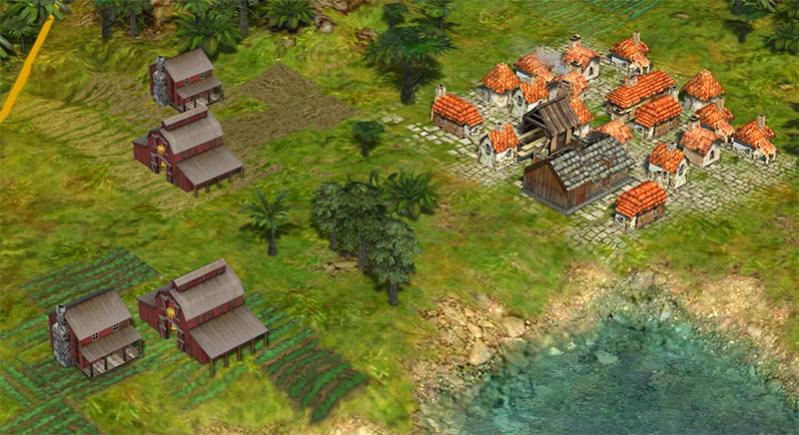
Mine

Lumberjack camp

Cocoa Plantation

Plantation:
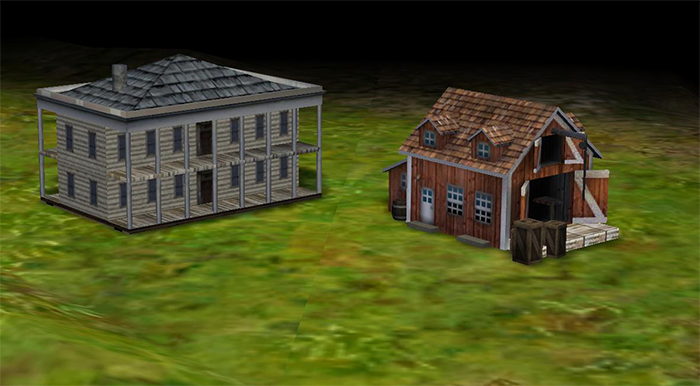
Trapper Lodge:
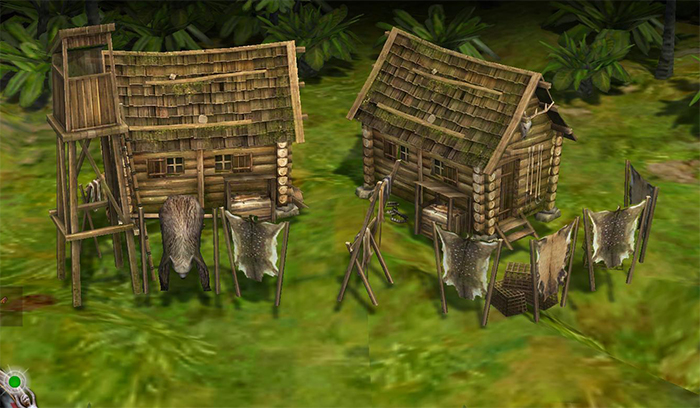
Great ranch
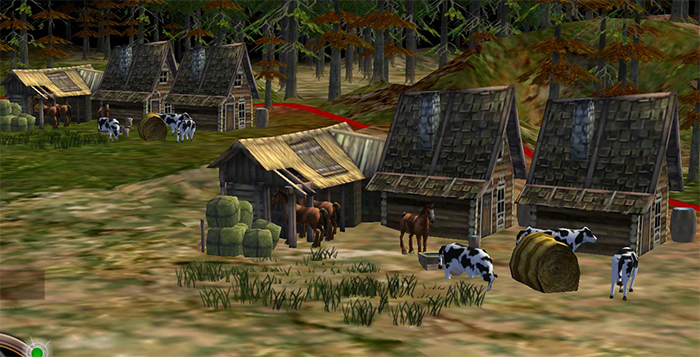
Vineyard (I'm not sure if we need a level 2 of this...)
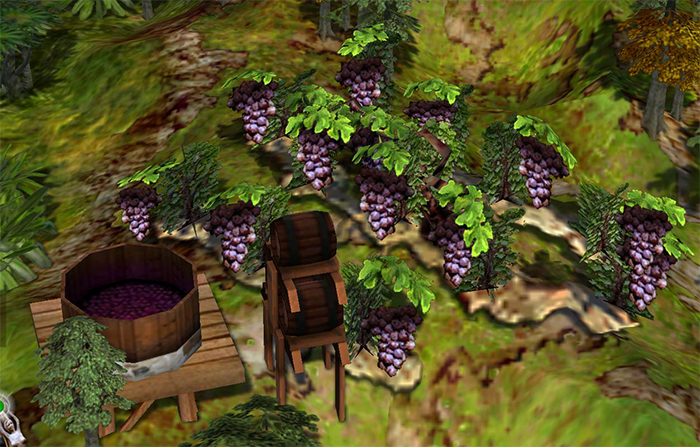
Spice Storage
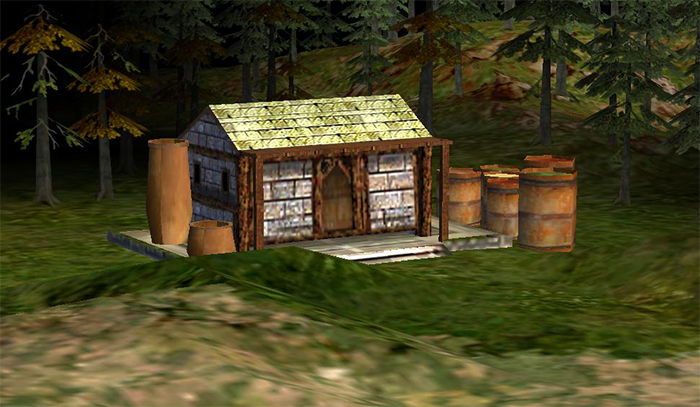
I have finished my work regarding the growing improvements.
We plan to implement this feature in our next release after 1.2.
An overview over all improvements:
Farm
Mine
Lumberjack camp
Cocoa Plantation
Plantation:
Trapper Lodge:
Great ranch
Vineyard (I'm not sure if we need a level 2 of this...)
Spice Storage
Attachments
Willi_Tell
praefectus praetorio
Wow - very impressive! These graphics are truly beautiful, well done!!! 



Willi_Tell
praefectus praetorio
After talking to Ray and Schmiddie, I herewith publish a little Update for RaR Release 1.2:
This little package is providing fields and "flexible" buildings for all plantations and farms.
Have fun with a greener Colonization-World full of variety!
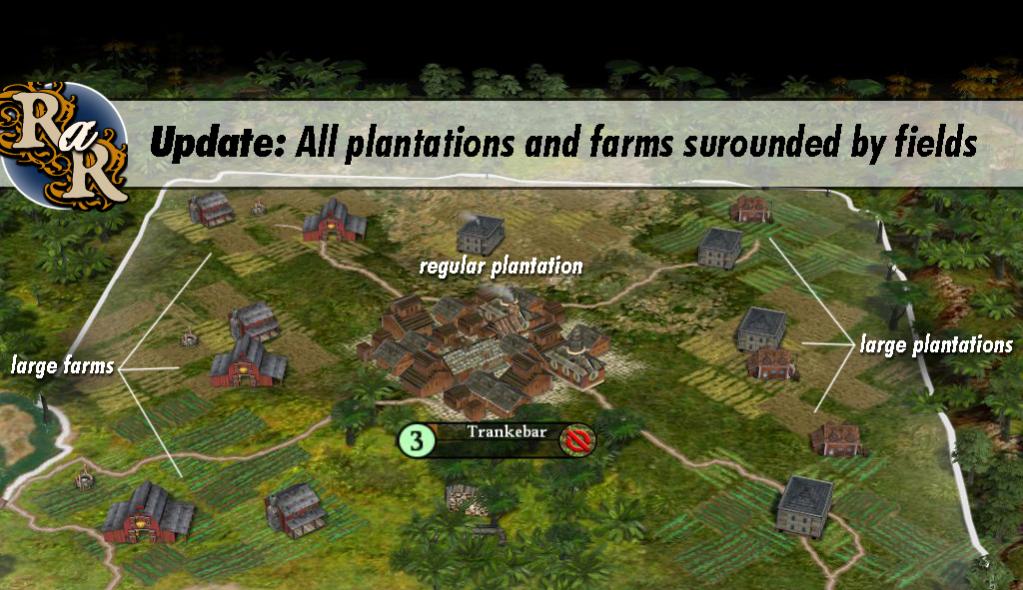
This "feature" will be already included in the next release of RaR (1.3)
(so if you have no modding experience, you may want to wait for the next official release)
It also works with current RaR release 1.2 and installing is very easy though, only 3 files/folders need to be replaced and I've also included a readme-file.
This little package is providing fields and "flexible" buildings for all plantations and farms.
Have fun with a greener Colonization-World full of variety!

This "feature" will be already included in the next release of RaR (1.3)

(so if you have no modding experience, you may want to wait for the next official release)
It also works with current RaR release 1.2 and installing is very easy though, only 3 files/folders need to be replaced and I've also included a readme-file.
Attachments
raystuttgart
Civ4Col Modder
After talking to Ray and Schmiddie, I herewith publish a little Update for RaR Release 1.2:
This little package is providing fields and "flexible" buildings for all plantations and farms.
Have fun with a greener Colonization-World full of variety!
It is just breath-taking !

When we reupload Release 1.2 it will surely be included.

Commander Bello
Say No 2 Net Validations
The more I think about this feature, the more I am questioning it.
Rational:
The "standard" unit is the Colonist. He has standard abilities resulting in a standard output per profession he takes.
This output can be increased by two means: he becomes a experienced/master unit or the building in which he is working will be improved to a higher level.
Typically, for both you need to make an investment: either you will have to spend time (and food) to teach him his new skills or you have to build a higher level building - again consuming time, food and yields, too.
In addition, you have learning by doing which will sooner or later make him progress to the experienced/master level without the investment for learning in a school building.
And you have the influence of revolutionary sentiment, but for this you have to do an investment, too.
And now you are adding a concept which increases output even more without any investment to be done?
In my view, this is even questionable from the conceptional point of view.
Even more it is questionable from the point of view of "realism". Why should a farm become more efficient due to being in existance since 50 years? The soil on which it has been founded doesn't change, nor does the equipment (at least not in the timeframe of the game). In general, a farmer of 1500 wasn't less efficient than a farmer of 1700. A field being plowed in 1500 didn't give less yield than the same field at 1700.
In the game, now it does.
I don't see the realism factor nor do I see any vital gameplay factor.
Rational:
The "standard" unit is the Colonist. He has standard abilities resulting in a standard output per profession he takes.
This output can be increased by two means: he becomes a experienced/master unit or the building in which he is working will be improved to a higher level.
Typically, for both you need to make an investment: either you will have to spend time (and food) to teach him his new skills or you have to build a higher level building - again consuming time, food and yields, too.
In addition, you have learning by doing which will sooner or later make him progress to the experienced/master level without the investment for learning in a school building.
And you have the influence of revolutionary sentiment, but for this you have to do an investment, too.
And now you are adding a concept which increases output even more without any investment to be done?
In my view, this is even questionable from the conceptional point of view.
Even more it is questionable from the point of view of "realism". Why should a farm become more efficient due to being in existance since 50 years? The soil on which it has been founded doesn't change, nor does the equipment (at least not in the timeframe of the game). In general, a farmer of 1500 wasn't less efficient than a farmer of 1700. A field being plowed in 1500 didn't give less yield than the same field at 1700.
In the game, now it does.
I don't see the realism factor nor do I see any vital gameplay factor.

Willi_Tell
praefectus praetorio
I agree, but the thing with the (growing) improvements is about the same way as with all the other features:The more I think about this feature, the more I am questioning it.
(...)
I don't see the realism factor nor do I see any vital gameplay factor.
It is truly difficult to have a clever balance between history (accuracy) and good gameplay (fun, strategies, etc.).
You are right CB, that also the (vanilla) main principle of having "splitted" work factors (improvements on tiles, workers/experts in city-screens) doesn't make it easier to have realism in, but as this principle is the core of Col-Mechanics (and I however like it...) I wouldn't mind nor change...

automatically growing (advanced) improvements:
The only factor now is IMHO to protect your advanded improvement, once they got developed (similar to Civ4, when you didn't want your enemies to plunder your developed cottage/town-improvements).
And the mechanics of development could be reasonable because after being worked by several generations, the farms/plantations got actually better as there is a saving (and growing) of Know-How from the fathers to the sons.
Sorry, but from the point of agricultural history, this may not be strictly correct overallIn general, a farmer of 1500 wasn't less efficient than a farmer of 1700. A field being plowed in 1500 didn't give less yield than the same field at 1700.
In the game, now it does.

For sure, the main and really big steps in agricultural development didn't happen within the timeline of Col (use of wheeled plough: Roman era, crop rotation: middle ages, chemical fertilizer: 19th Century) but neverless there was some considerable development during that period:
1. By having new crops from America (like potatoes) farmers began to improve the three-field-rotation and hereby developed the four-field-rotation.
2. By improving the wheeled plough during the 18th Century, farmers got better tools to work with, what resulted in more benefit/harvest
So, I am not against a second level of improvement in general (as they are reasonable from point of history), but I agree with CB that the way how they are constructed/implemented may need an overhaul. Maybe there are better solutions than the current "automatic development"...?

-> Should the 2nd level improvements perhaps be buildable by a special unit (kind of Engineer)?
-> Should constructing of 2nd level improvements be expensive and rare?
-> Any good ideas?

I can understand your arguments, but... I simply like this feature and agree with Willies arguments regarding the considerable development during that period (furthermore we both had a lot of work with it!).
Maybe we could increase the necessary period from 50 to 80 or 100? This would make them rare
I think it also would not be historically correct to involve a further unit "Engineer" - and we would only implement a further unit for a few improvements. I'm not sure if this makes sense.
We should also have in mind that we maybe will consider this in our feature "inventions". Therefore I think we should leave the feature as it is at this stage of development of our mod.
Maybe we could increase the necessary period from 50 to 80 or 100? This would make them rare
I think it also would not be historically correct to involve a further unit "Engineer" - and we would only implement a further unit for a few improvements. I'm not sure if this makes sense.

We should also have in mind that we maybe will consider this in our feature "inventions". Therefore I think we should leave the feature as it is at this stage of development of our mod.
orlanth
Storm God. Yarr!
- Joined
- Nov 17, 2001
- Messages
- 1,805
I agree with Willi and Schmiddie that allowing for some gradual development like this is appropriate, and should turn out to be a fun and useful feature in the game. The series of very gradual progressive technologic, social, and economic advances throughout this time were very real, and actually of great historical importance in enabling population growth and a more developed economy that laid the groundwork for independence & self-sufficiency.
http://en.wikipedia.org/wiki/British_Agricultural_Revolution
Even aside from gradual developments in technology or knowledge, the basic local economic infrastructure in starting colonies (including land clearance, reliable transport access, nearby availability of needed capacity for milling or storage, local availability of needed tools and implements) was initially very poor or nonexistent due to starting as undeveloped wilderness, and it took quite a while for local infrastructure to develop to the point where land could truly be used to its fullest capacity.
http://en.wikipedia.org/wiki/British_Agricultural_Revolution
The British Agricultural Revolution describes a period of agricultural development in Britain between the 15th century and the end of the 19th century, which saw an epoch-making increase in agricultural productivity and net output that broke the historical food scarcity cycles. Every continent in the world has experienced a period of famine throughout history. These famines effectively limited the population to what a local territories could sustain over long periods of time including short term shortages. Famines occur when food is unavailable for a period of time usually exceeding a year and the resources: weather, agricultural workers, money, transportation, etc. are not available to get or grow more. Since famines or food shortages are usually "local" affairs the ability to buy and transport food over much longer distances helped minimize the impacts of local crop shortages. The British Agricultural Revolution occurred over a period of several centuries (more of an evolution than a revolution) and was preceded or closely duplicated by many countries in Europe and their colonies. One of the keys to the British Agricultural Revolution was the development of ways of keeping and improving the arable land in Great Britain to counteract the loss of the soil's plant nutrients in cropping a given area. Higher yielding land was added to higher yielding crops with more yield/acre. Farm workers using more productive tools and machinery produced more crops with fewer workers. The Agricultural Revolution picked up speed as the Industrial Revolution and the advances in chemistry produced the scientific knowledge, wealth and technology for a more systematic development of commercial fertilizers and new and more productive agricultural machinery. New crops like potatoes (introduced about 1600), corn, etc. were introduced from the Americas improving the yield/acre of arable land.
Even aside from gradual developments in technology or knowledge, the basic local economic infrastructure in starting colonies (including land clearance, reliable transport access, nearby availability of needed capacity for milling or storage, local availability of needed tools and implements) was initially very poor or nonexistent due to starting as undeveloped wilderness, and it took quite a while for local infrastructure to develop to the point where land could truly be used to its fullest capacity.
Well that's a good point, I do agree with Commander Bello that it's best not to have improvement growth be totally free and automatic with no further work/investment by the player required. But as Schmiddie mentioned we may eventually be able to incorporate knowledge or advances, where ability to advance to a better improvement will only be unlocked later in the game with continued development.And now you are adding a concept which increases output even more without any investment to be done?
In my view, this is even questionable from the conceptional point of view.
raystuttgart
Civ4Col Modder
We should also have in mind that we maybe will consider this in our feature "inventions". Therefore I think we should leave the feature as it is at this stage of development of our mod.
Exactly.

Maybe the 2nd level improvement will be constructed by a Pioneer, when we implement Inventions.
Maybe we will think of something else.
We will see.

Similar threads
- Replies
- 2
- Views
- 884
- Replies
- 11
- Views
- 2K







